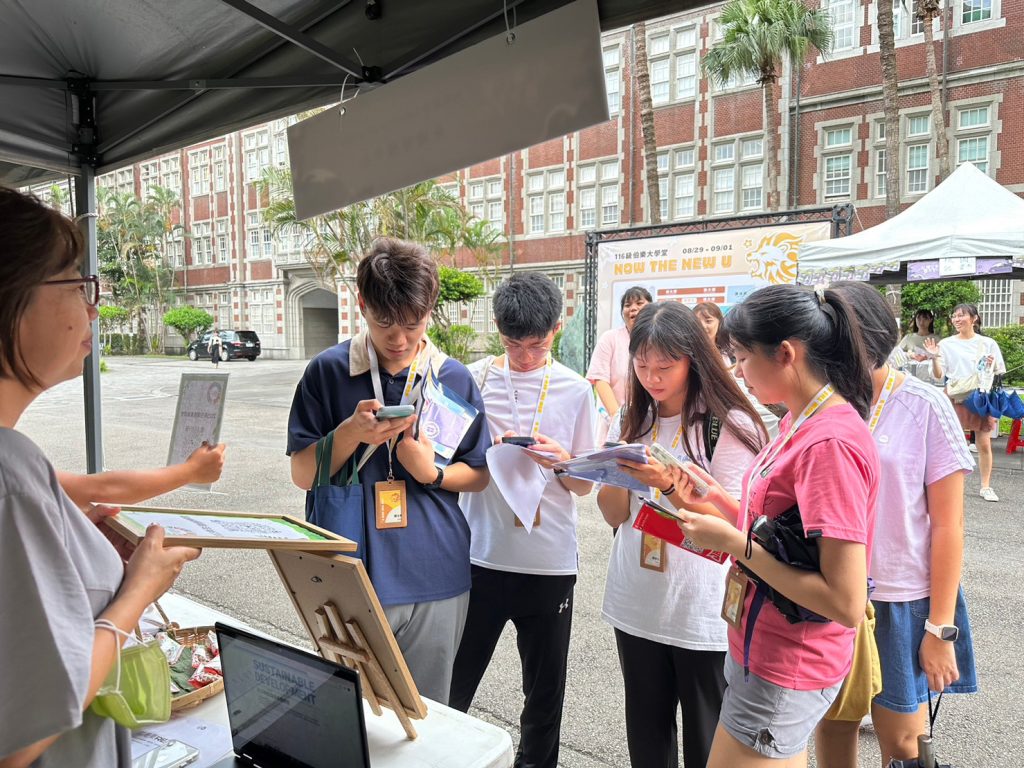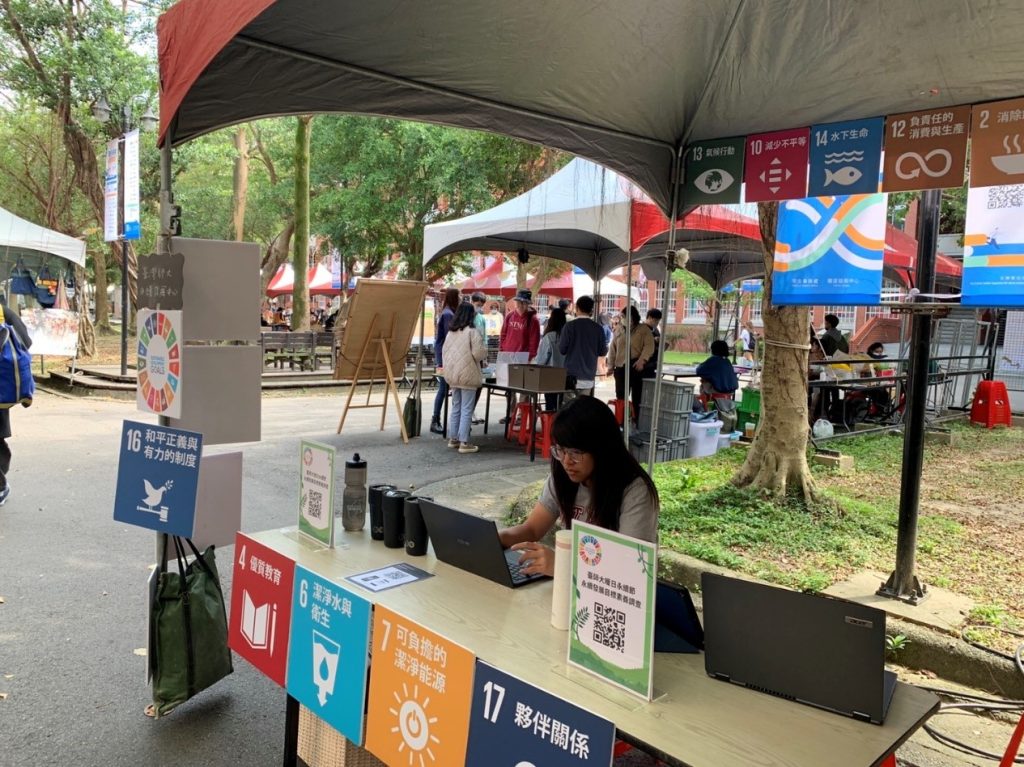2024 SDG 17 English
- 17.2.1 Relationships with regional NGOs and government for SDG policy
- 17.2.2 Cross sectoral dialogue about SDGs
- 17.2.3 International collaboration data gathering for SDG
- 17.2.4 Collaboration for SDG best practice
- 17.2.5 Collaboration with NGOs for SDGs
- 17.4.1 Education for SDGs commitment to meaningful education
- 17.4.2 Education for SDGs specific courses on sustainability
- 17.4.3 Education for SDGs in the wider community
- 17.4.4 Sustainable Literacy
17.2.1 Relationships with regional NGOs and government for SDG policy
The university actively participates in formulating government and non-government organizations’ policies on sustainable development goals. Our faculties also actively promote sustainable development by serving as members of relevant government departments or executing government programs.
1. PASSION Program: The NTNU is directly involved in national concerns about the quality of education in rural areas. The university has cooperated with the Ministry of Education to implement the PASSION Program – an Enhancing Program for Rural Students, which adopts the “Adaptive Diagnosis, Screening, and Diversion Mechanism” to track students’ long-term academic development. The program provides tailored teaching materials and assists teachers in improving teaching quality through capacity-building workshops, intensive observation sessions, and subject exchanges. In 2023, the program diagnosed 3,103 students and offered 352 foundational Chinese, English, and mathematics classes, serving 2,217 students. Additionally, 331 teachers were empowered through training. The PASSION foundational teaching module has been extended from supportive courses to daytime classes, enhancing the overall teaching effectiveness of partner schools in rural areas.
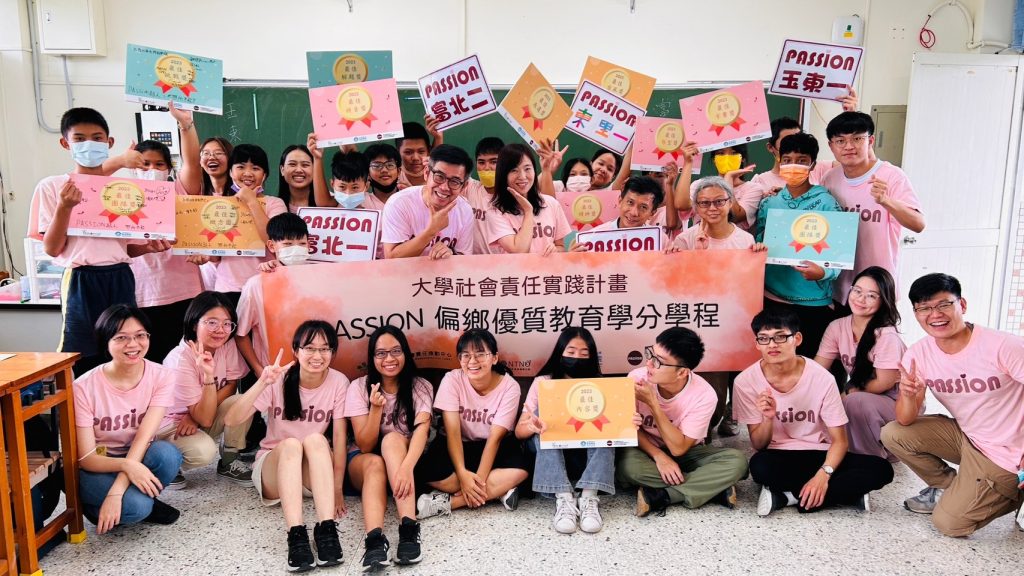
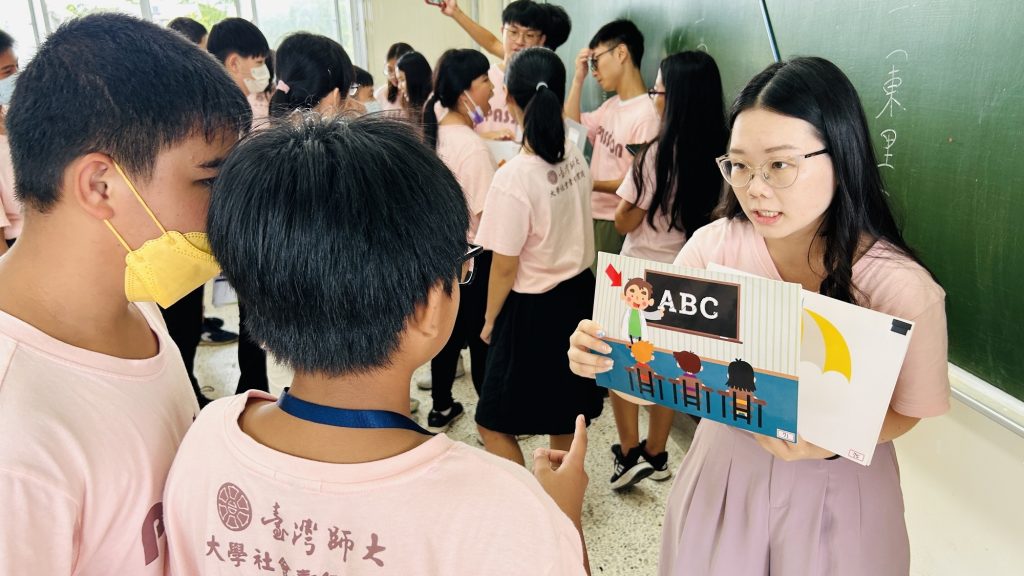
2. Establishing the College of Industry-Academia Innovation to Cultivate High-level Talents: In response to the national policy, NTNU has combined the research capabilities of the College of Science, Technology, and Engineering, the College of Science, and the technological resources of 12 corporates to establish the “College of Industry-Academia Innovation,” which will establish two research institutes on the cross-domain application of AI and green energy technology and sustainable governance, to cultivate green energy talents with a forward-looking vision. The research institute will work with the industry to establish a cross-domain green energy application platform so that the green power system can be more robust and help Taiwan walk more steadily on the path of net-zero transformation.
3. “Science X Sustainability” Train: In response to the United Nations International Year of Basic Sciences for Sustainable Development (IYBSSD), the Institute of Science and Education at NTNU, the National Science Council, and several dozens of academic and professional consulting teams planned and organized the “Science X Sustainability” Train, which aroused the public attention to basic science for sustainable development through the accessibility to commuting and transportation, as well as the response to the net-zero-carbon emission ridership, and through colorful carriages to let the public feel the dialogue between scientists and the public. Through the color-painted train compartments, the public can experience the dialogue between scientists and the people, the collective well-being of remote villages and cities, the relationship between the ocean and the land, and the diversified ways of learning nature to recognize the importance of basic science, to pay attention to the scientific issues in daily life, and to take appropriate actions and positive attitudes to achieve sustainable development that is compatible with the development of society and environment.
17.2.2 Cross sectoral dialogue about SDGs
By organizing or participating in meetings with governmental or non-governmental organizations, the university engages in cross-sectoral dialogues to provide effective strategies and solutions for global sustainable development and to promote the implementation of sustainable development goals.
1. Taiwan-U.S. Forum on Sustainable Development and Artificial Intelligence:
- Partnership: National Science and Technology Council(NSTC), American Institute in Taiwan(AIT), National Sun Yat-sen University (NSYSU), etc.
- Performance: In response to the United Nations’ International Year of Basic Science for Sustainable Development (IYBSSD), a series of forums covering eco-sustainability, artificial intelligence, and sustainable science teaching aids has been organized. These forums allow in-depth academic exchanges and promote cross-disciplinary cooperation and multi-directional interactions.
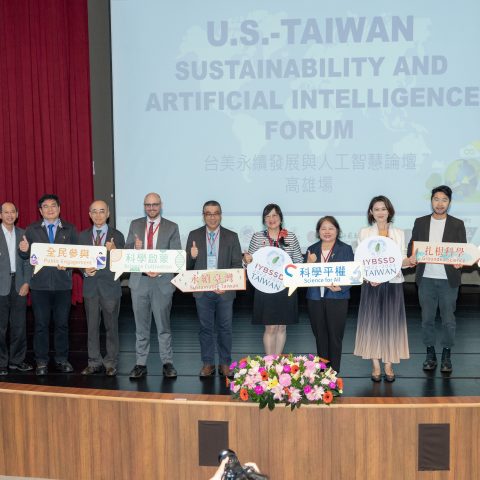
2. Smart Living Technology Exchange Forum
- Partnership: Office of Research and Development, Singapore Scholars, Corporate Executives, etc.
- Performance: In response to the inter-ministerial conference “Elderly Science and Technology Industry Strategy Conference” organized by the National Science and Technology Council (NSTC), the university applying its long experiences of inter-academic and technological know-how in “Science and Technology” and “Humanities and Social Sciences,” promotes inter-departmental, inter-institutional, inter-university, and inter-country technical exchanges through the forum, to bring academics into contact with the industry, and to promote industry-academia cooperation and the development of commercialization of technology.
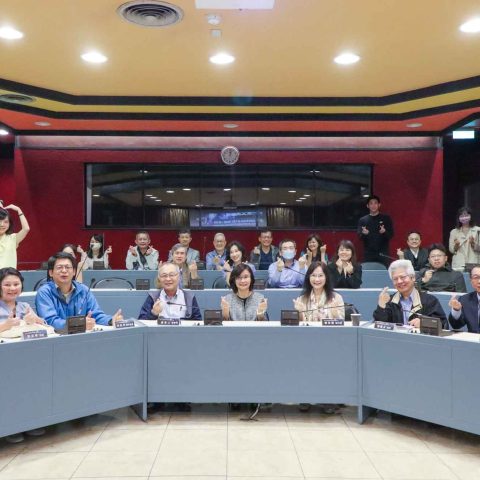
17.2.3 International collaboration data gathering for SDG
The university collaborates with international organizations to collect relevant data by organizing and participating in international research programs and seminars.
The western boundary current is intensifying in response to global warming.
- Partnership: NTNU Dept. of Earth Sciences, NTU Dept. of Geosciences, Research Center for Environmental Changes Academia Sinica, professors and postdoctoral researchers from multiple universities in the United States, etc.
- Performance: Uncovering the close dynamic relationship between the atmosphere and the ocean and its impact on regional and global climate change also provides valuable verification of large-scale climate models and helps to predict the future climate state under global warming.
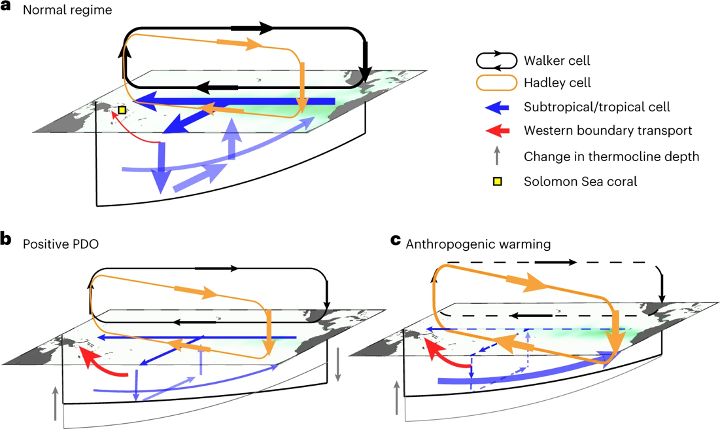
17.2.4 Collaboration for SDG best practice
The university collaborates with international organizations and engages in research exchanges with foreign institutions to jointly develop innovative solutions and insights for implementing the SDGs. In 2023, NTNU signed or renewed academic cooperation agreements with 67 overseas universities, totaling 105 contracts.
1. Sungkyunkwan University FMBA Sees the Future of Sustainable Development in Taiwan
- Partnership: Sungkyunkwan University FMBA, Taiwan Institute for Sustainable Energy(TAISE), Taiwan Power Company, Taiwan Buddhist Tzu-Chi Foundation, etc.
- Performance: Professors from NTNU and students from SKKU jointly explored topics such as the definition of sustainable development, international frameworks, SDGs, and corporate sustainability. Corporate visits were arranged to promote academic and practical exchanges between the two sides, establishing sustainable cooperation.
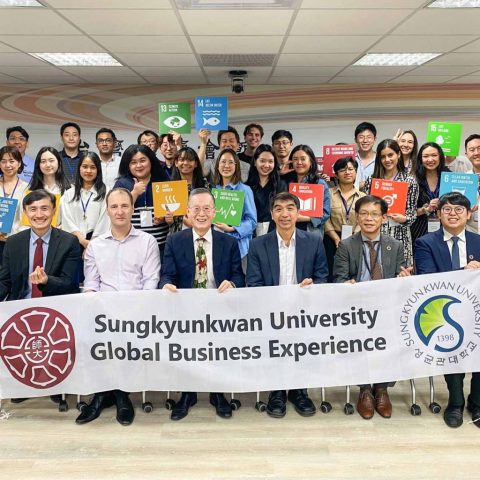
- Partnership: NTNU Dept. of Geography, Universitas Gadjah Mada(UGM), Universitas Negeri Semarang(UNNES).
- Performance: The Department of Geography conducted field research in Indonesia and engaged with local communities, collaborating with faculty and students from UGM and UNNES to explore solutions to sustainability challenges. This strengthened academic ties between the universities and provided students with a deeper understanding of sustainable development while fostering problem-solving and cross-cultural communication skills.
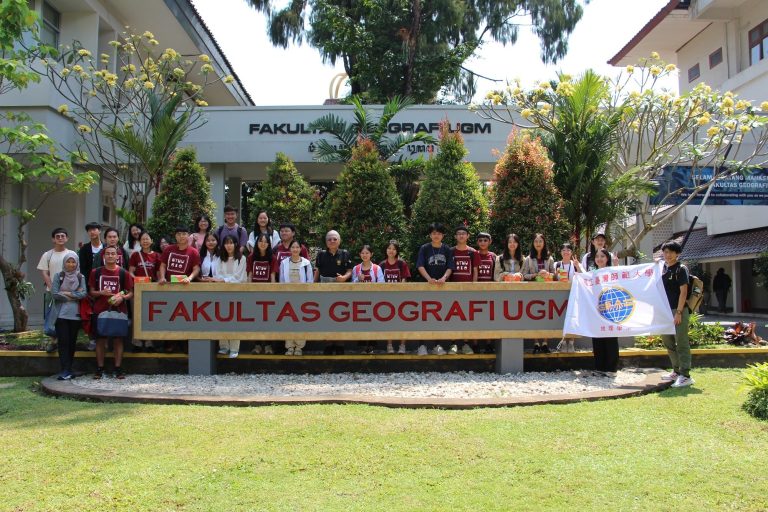
17.2.5 Collaboration with NGOs for SDGs
The university works with NGOs to achieve sustainable development through Student Volunteering Programmes, Research Programmes, and the Development of Educational Resources.
1. Research programmes
- Prudential Institute for Sustainability: NTNU and PCA Life Assurance Co Ltd have joined hands to establish the “Prudential Institute for Sustainability” in response to the United Nations’ Sustainable Development Goals, focusing on the impact of climate change on the environment and health. Through this collaborative process, NTNU and PCA Life Assurance Co Ltd have combined scientific research with corporations’ needs to cultivate professionals in related fields and promote the sustainable development of corporations to carry out specific actions in response to climate change.
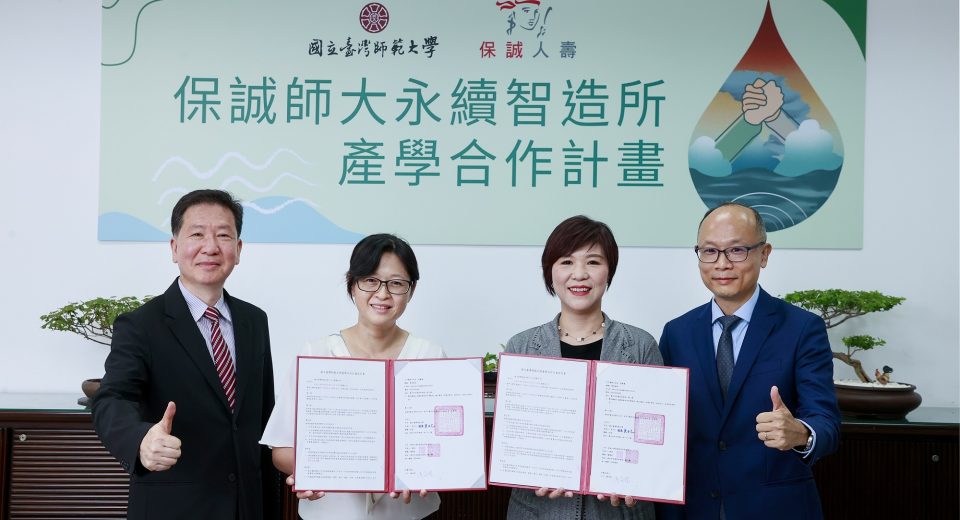
- Kinmen Regional Revitalization and Youth Entrepreneurship Empowerment Program: NTNU, in collaboration with National Quemoy University, National Taiwan Ocean University, and other university resources, developed a regional revitalization curriculum. This initiative aims to guide students into “glocal” theoretical perspectives and practical learning while leveraging Kinmen’s rich traditional cultural resources and local industries to devise action strategies and plans for community revitalization. The program also collaborates with local government officials to promote cultural activities in Brunei and Malaysia.
- Establishment of the “AI Multimedia and Smart IoT” Laboratory: NTNU’s College of Cross-disciplinary Technology and Industrial Innovation has partnered with Realtek Semiconductor, a leading global network and multimedia chipset company, to establish the “AI Multimedia and Smart IoT” Laboratory. This industry-academia collaboration provides integrated courses to strengthen the human resources ecosystem, enhance industrial competitiveness, and nurture more semiconductor talent.
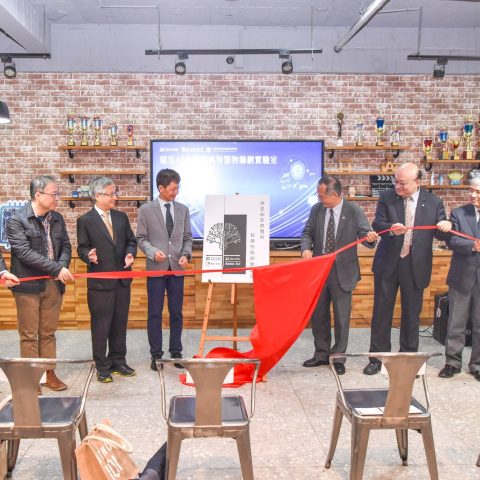
2. Student volunteering programmes:
- Holistic Education Center USR Program Practice: NTNU established the “Holistic Education Center” in 2010, integrating ESD and promoting SDGs. The center provides students with an accessible learning environment, fostering holistic qualities and promoting self-fulfillment. Through service-learning courses, it offers training and fulfills university social responsibility. The Holistic Education Center collaborates with 61 community partners, relevant institutions, industries, and domestic and international non-profit organizations to develop the Digital Inclusion Long-term Learning Program for the Elderly. This program includes interdisciplinary digital inclusion courses, technology assessments, active aging initiatives, exercise and wellness, nutrition and health, and mental health courses. In 2023, 1,119 students participated in the service, benefiting 10,963 elderly individuals.
【Relevant information】USR Project Collaborating Units、Establishment of the Digital Inclusion Smart Wellness Academy for the Elderly Program
- Student Social Service Teams: The Extracurricular Activity Guidance Office supports student organizations conducting various service activities during the winter and summer vacations. A total of 46 service teams have been formed from regional alumni associations, department societies, and other types of organizations. These teams carry out social service work across Taiwan and spread the spirit of service nationwide.
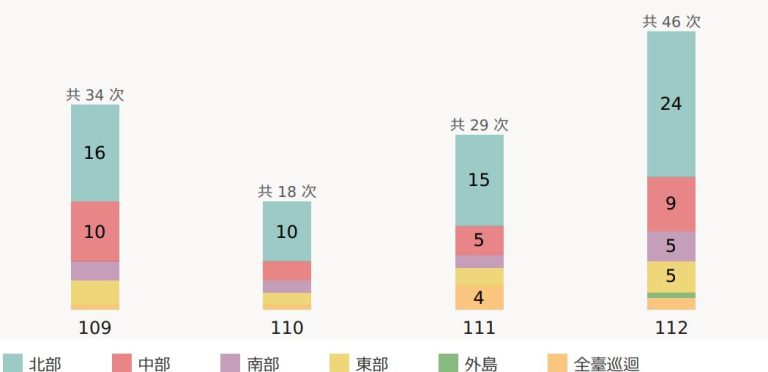
- Mandarin Learning Partner Program: Starting in 2023, NTNU has collaborated with the Tzu Chi International Youth Association to launch the “Commitment of Manna Sea” – a Mandarin learning partnership program for Syrian refugees. This program recruits youth aged 18-35 to utilize the university’s innovative Mandarin teaching platform and remote teaching resources, supporting Syrian refugee students in their online Mandarin language learning.
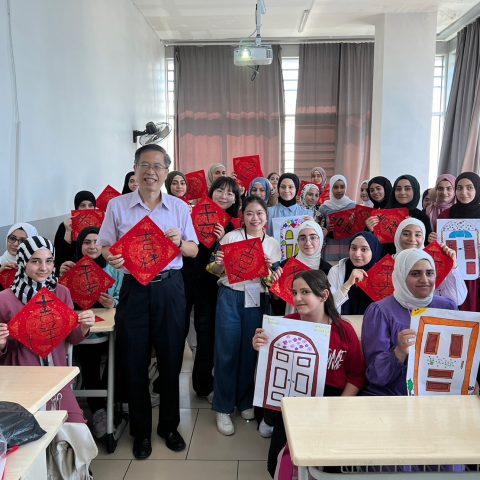
- International Students’ Integration into Taiwanese Culture Activities: In 2023, the International Office of NTNU, in collaboration with the International Youth Service Team, organized four events aimed at helping international students better understand Taiwanese culture and the NTNU campus.
活動名稱 | 活動目的 | 活動時間 | 參與人數 | 志工人數 |
國際文化節「航海時代.航向無限」 | 凝聚來自各地的學子,使大家無畏眼前的強勁風浪,勇於航向未知的大海,開啟嶄新旅程 | 2023年3月28日至3月29日 | 600人 | 25位 |
境外生畢業晚會 | 幫助境外生在畢業前夕增添美好回憶,為師大的旅程劃下完美句點 | 2023年5月22日 | 180人 | 20位 |
境外生迎新晚會「老街‧新生 | 協助境外生快速熟悉校園環境及融入台灣文化,透過輕鬆的活動方式,拉近彼此距離,同時增進境外生之間的文化交流與在師大的情感連結 | 2023年9月28日 | 120人 | 16位 |
境外生耶誕聯歡晚會 | 藉由一連串有趣的耶誕活動及抽獎,使境外生雖身處他鄉,也能感受熱鬧氣氛,一解思鄉之情 | 2023年12月8日 | 200人 | 45位 |
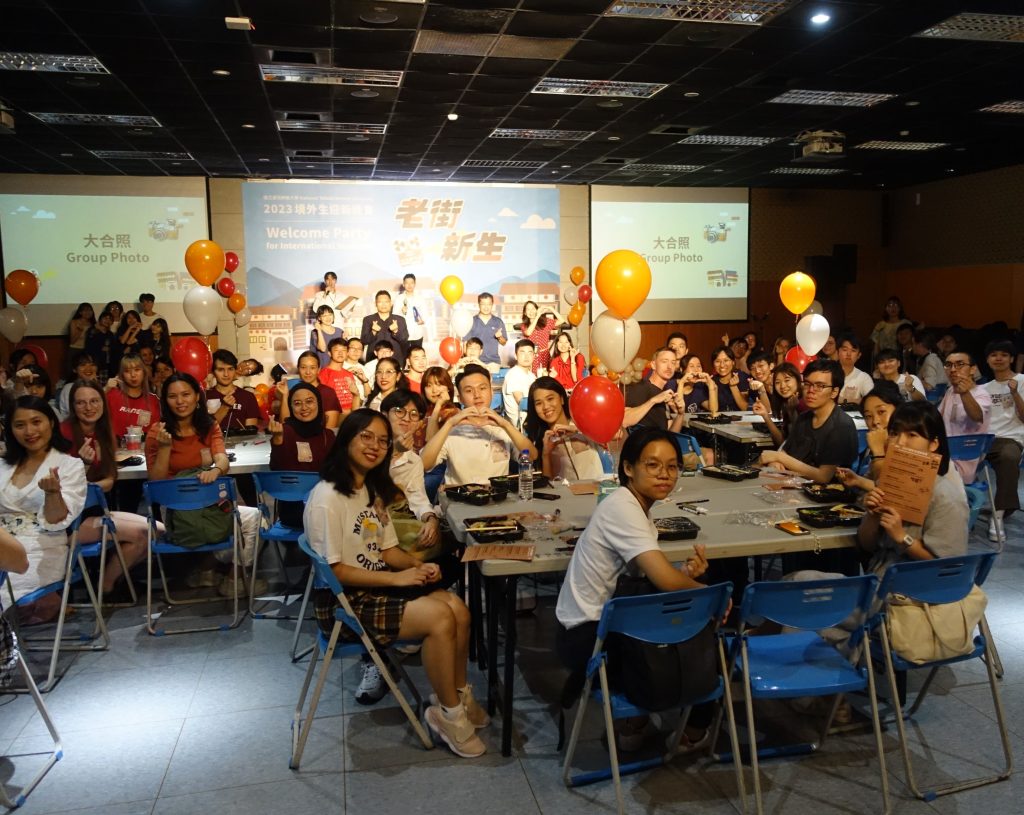
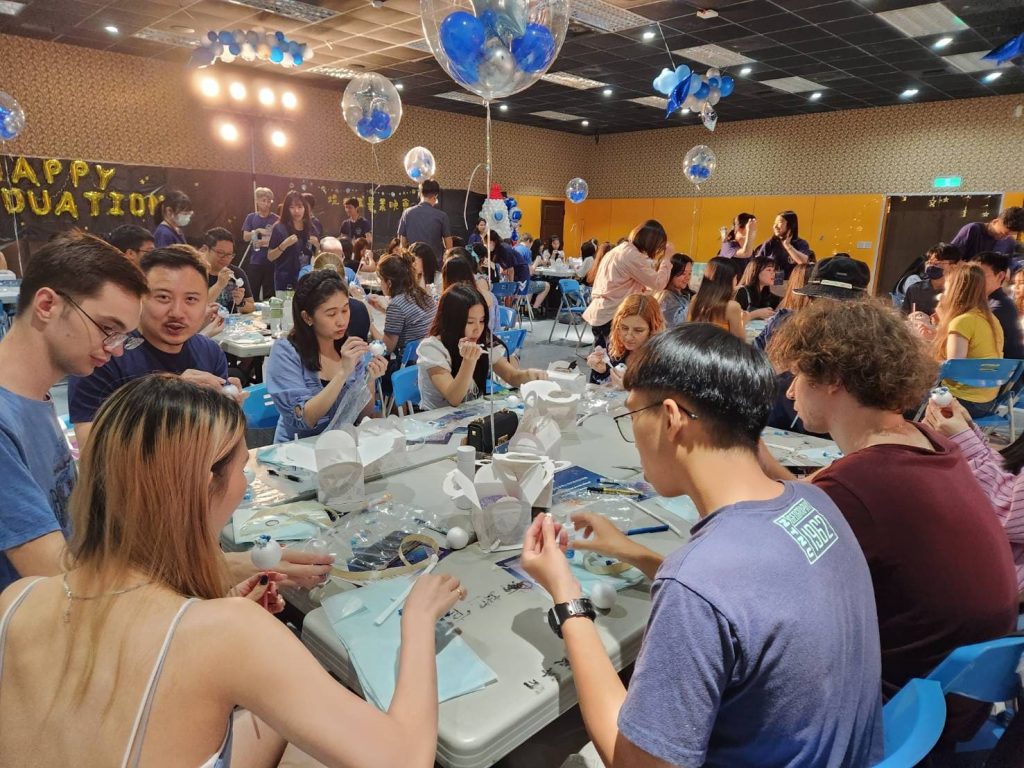
3. Development of educational resources
- Green Teacher: NTNU, in collaboration with the Environmental Education Association of the R.O.C., published the 16th issue of “Green Teacher,” which provides teaching materials on sustainability topics. The content covers many themes, including an international perspective, local stories, environmental journeys, and sustainability benchmarks.
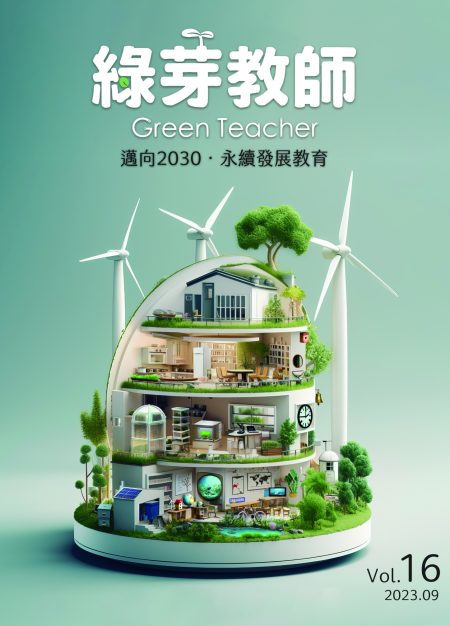
- Humanities and Popular Science Podcast “Mentor in the House”: Associate Professor Tai Yu-cheng from NTNU’s Department of English established a humanities team to produce a season of the podcast “Mentor in the House.” The program aims to translate abstract academic concepts into accessible language, promoting the visibility of Chicana studies in Taiwan.
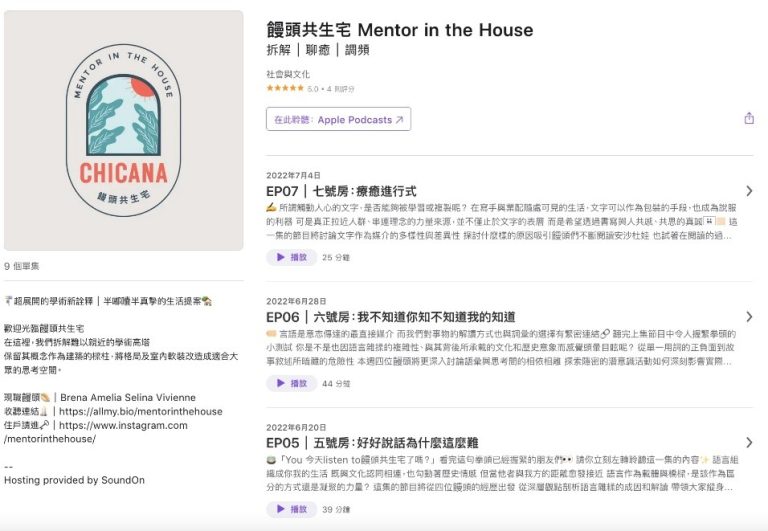
17.4.1 Education for SDGs commitment to meaningful education
The university ensures that all students learn about the SDGs by joining alliances and international communities, making the SDGs one of the core competencies for students, and integrating the SDGs into the curriculum.
1. Since 2022, NTNU, along with nine other universities in Taiwan, has jointly established the “Taiwan University Alliance for Sustainable Governance.” Through building an alliance and exchange network, they share information and knowledge related to university sustainable governance in Taiwan, working together to achieve the SDGs.
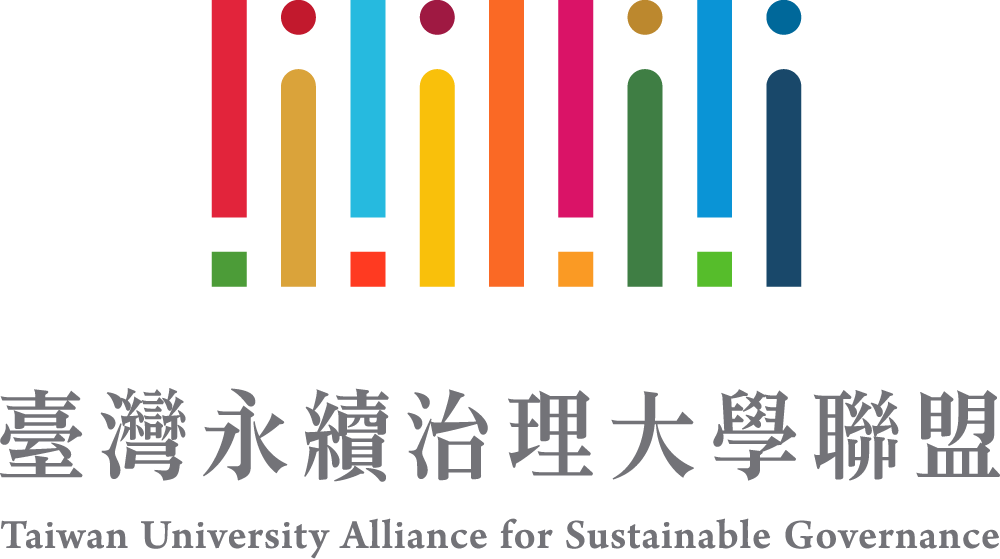
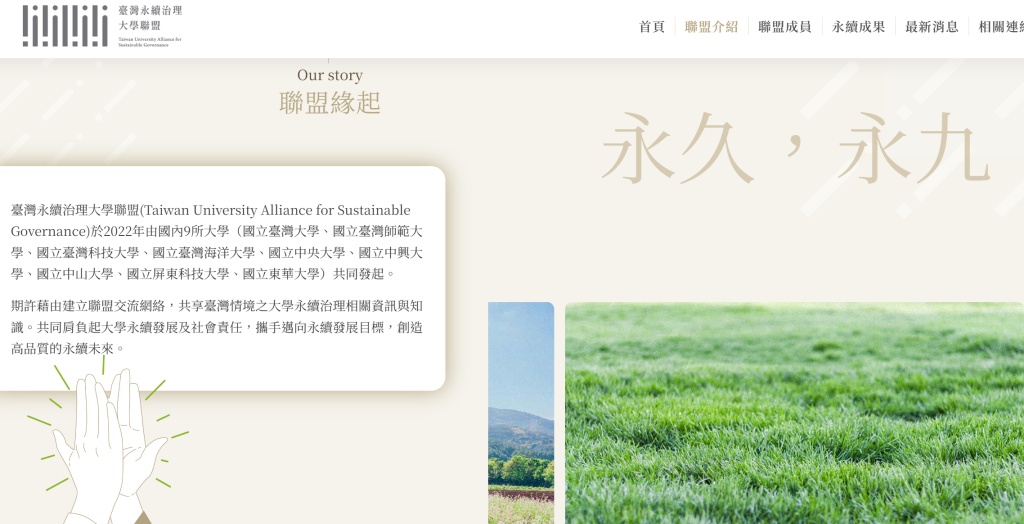
2. In order to promote quality education, the UNESCO Chair in Reorienting Education towards Sustainability and the Global Organization led by Professor Charles A. Hopkins from York University, signed a memorandum of cooperation with NTNU. In 2020, NTNU joined the “International Network of Teacher Education Institutions (INTEI)” and the “IndigenousESD (Education for Sustainable Development)” under the “ESD for 2030 Framework” academic community. By connecting with global educational networks of leading higher education institutions in teacher training, NTNU collaboratively promotes teacher education, sustainable educational development, and indigenous language education.
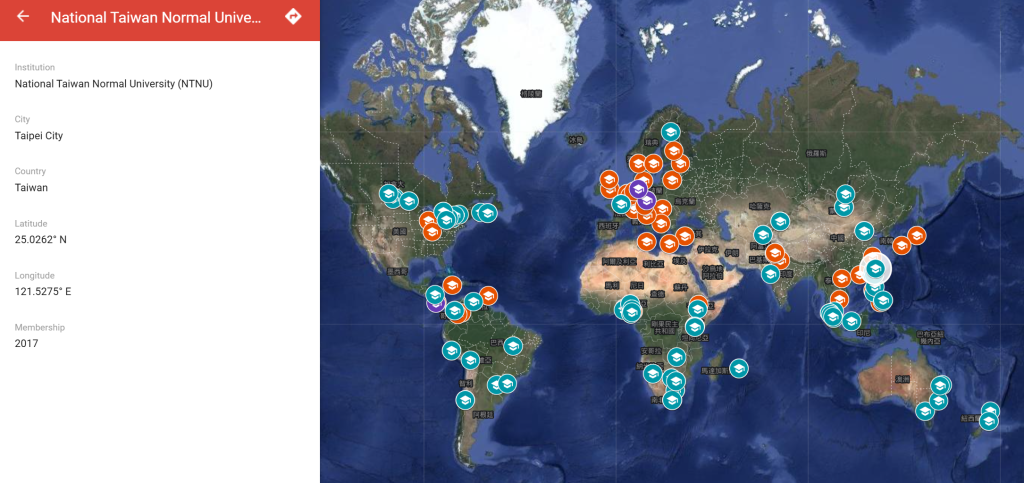
17.4.2 Education for SDGs specific courses on sustainability
In the 2022 academic year, 1,374 courses and 1,629 classes related to sustainable development are offered. In addition, the Institute of Sustainability Management and Environmental Education has been established to train professionals and promote research on sustainable development. The Environmental Monitoring and Disaster Prevention Credit Program has been set up to cultivate students’ ability to cope with the risks of environmental changes and disasters. The PASSION Quality Education Credit Program has been set up to improve education quality and promote equalizing educational resources in remote areas.
1. Graduate Institute of Sustainability Management and Environmental Education
Semester | Course | Students |
111-1 | 生態文化教育專題研究 | 4 |
111-1 | 環境教育質化研究法 | 12 |
111-1 | 永續發展專題研究 | 8 |
111-1 | 環境社會學 | 20 |
111-1 | 企業管理與永續發展 | 24 |
111-1 | 環境教育研究 | 21 |
111-1 | 生態環境影響評估 | 10 |
111-1 | 環境科學 | 18 |
111-1 | 環境資訊與空間視覺化 | 4 |
111-1 | 專題討論(一) | 19 |
111-1 | 專題討論(三) | 18 |
111-2 | 環境教育實務實習 | 17 |
111-2 | 全球環境問題專題研究 | 9 |
111-2 | 環境行為學 | 14 |
111-2 | 環境教育課程設計 | 16 |
111-2 | 環境經濟學 | 5 |
111-2 | 防災教育 | 4 |
111-2 | 研究方法 | 22 |
111-2 | 碳管理 | 30 |
111-2 | 永續區域規劃與管理 | 11 |
111-2 | 永續金融 | 14 |
111-2 | 永續管理研究 | 7 |
111-2 | 專題討論(二) | 25 |
111-2 | 專題討論(四) | 17 |
小計 | 28門 | 349人 |
Semester | Course | Students |
111-1 | 環境教育概論 | 24 |
111-1 | 災害防救法規與體系 | 22 |
111-2 | 環境倫理 | 30 |
111-2 | 環境教育教材教法 | 15 |
小計 | 4門 | 91人 |
Semester | Course | Students |
111/12/24-112/1/14 | 企業ESG趨勢與執行研習班 | 34人 |
ESG前瞻議題:氣候、自然、綠電與金融 |
17.4.3 Education for SDGs in the wider community
NTNU organizes promotional activities for the Sustainable Development Goals (SDGs), encouraging participation from alums, local community members, and disadvantaged groups. Themes include rural education, the Silver Age Healthy Living series, and Mandarin learning for new residents, benefiting over ten thousand participants.
- Purpose and content: The program provides tailored teaching materials and assists teachers in improving teaching quality through capacity-building workshops, intensive observation sessions, and subject exchanges.
- Performance: In 2023, the program diagnosed 3,103 students in practical settings and established 352 foundational classes in Chinese, English, and mathematics, serving 2,217 students. Additionally, 331 teachers were empowered through training. The PASSION foundational teaching module has been extended from supportive courses to daytime classes, enhancing the overall teaching effectiveness of partner schools in rural areas.
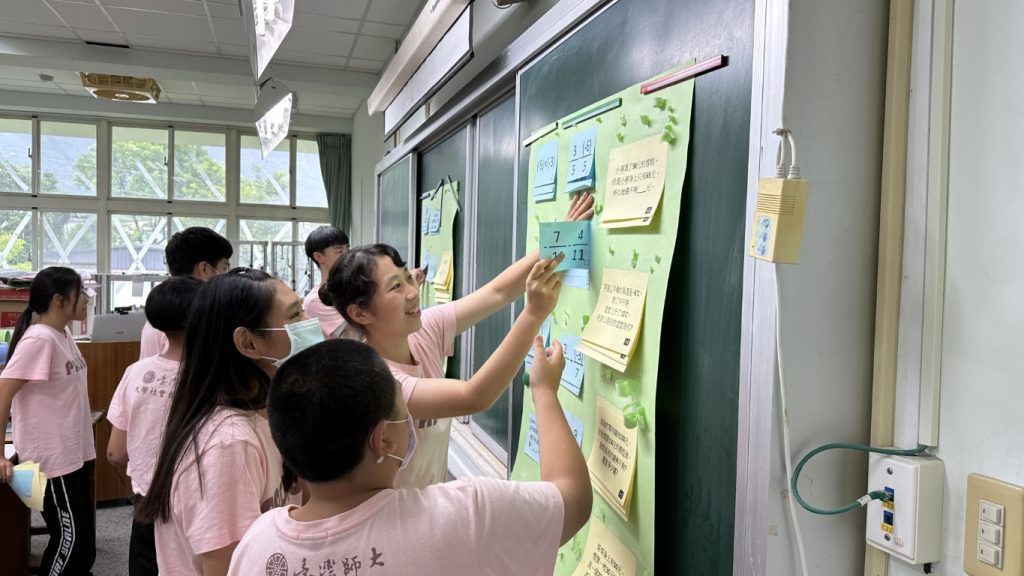
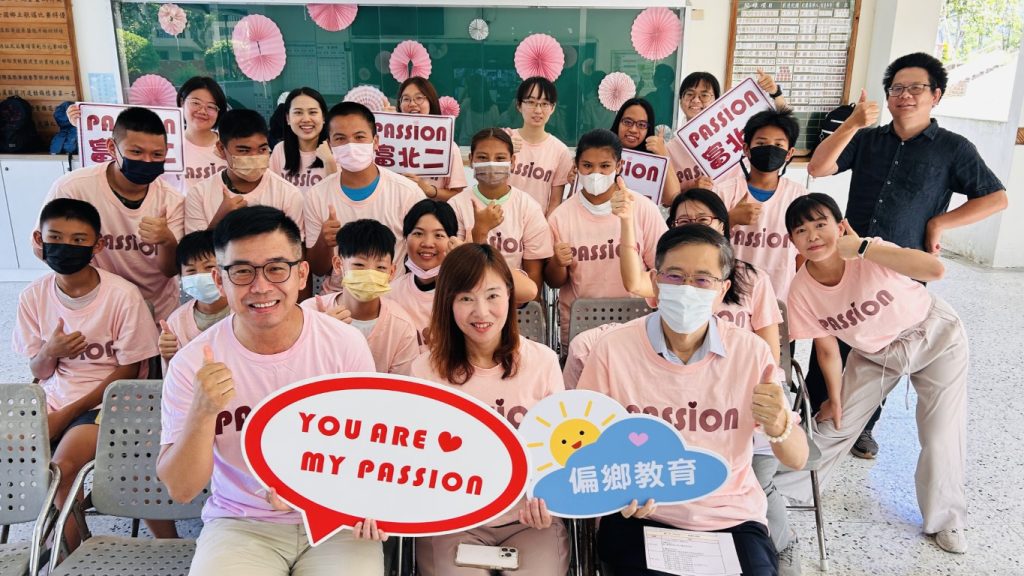
2. Establishment of the Digital Inclusion Smart Wellness Academy for the Elderly
- Purpose and content: The program introduces innovative detection technology to promote health self-management among older people and advocates for online and blended digital courses.
- Performance: In 2023, 339 sessions of the “Elderly Health and Well-being” series were conducted, with 8,597 participants engaged.
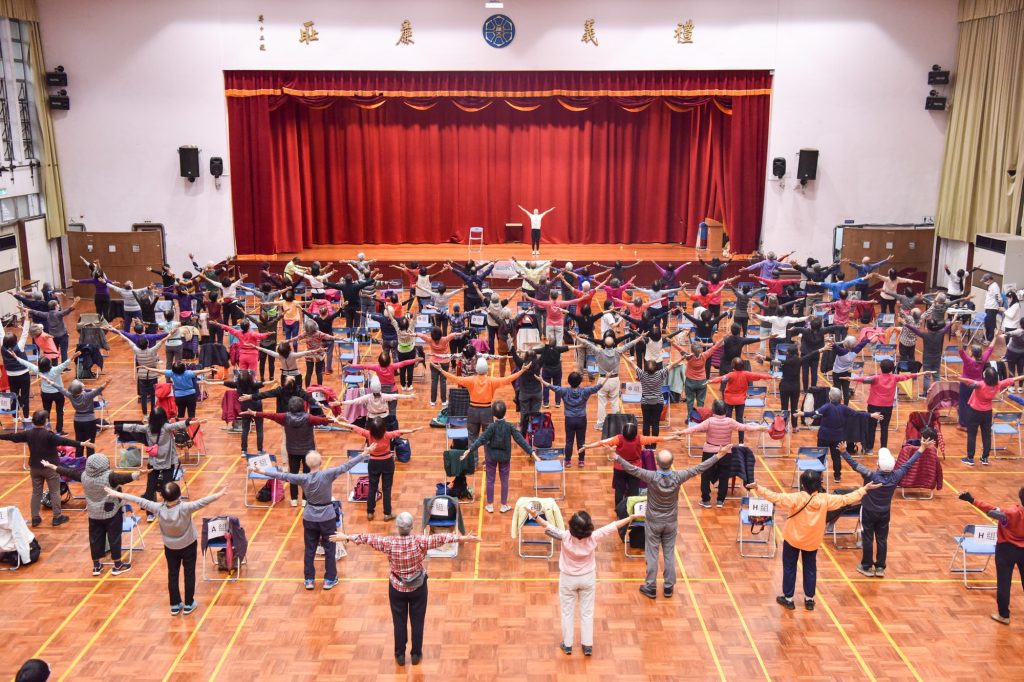
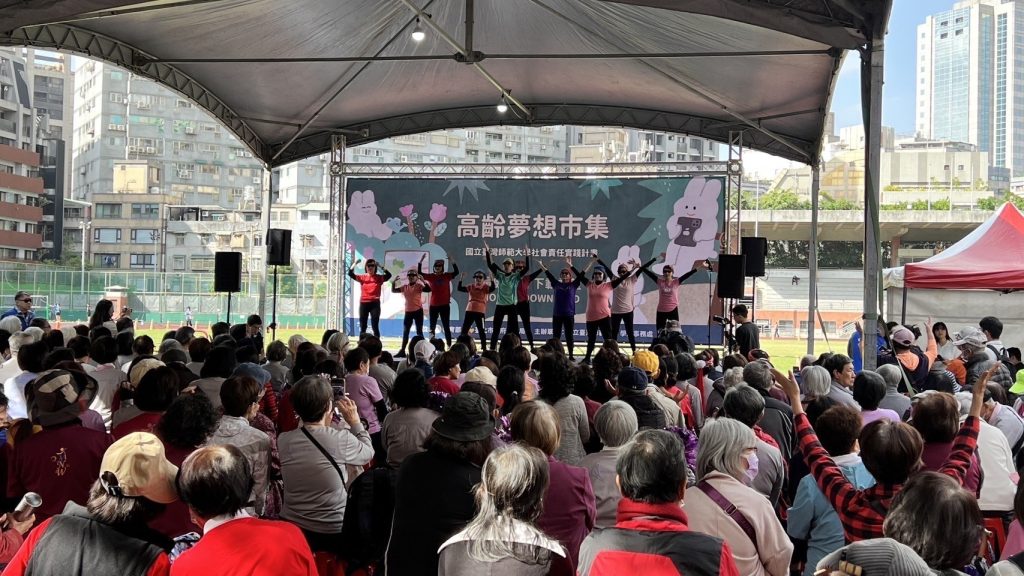
3. Taiwan Heart: Connecting New Residents
- Purpose and content: From 2020 to 2023, NTNU assisted second-generation new residents by utilizing two digital resources developed by the Center for Chinese Language and Technology Research: the “Smart Zhuyin Platform” and the “eMPOWER Chinese Language Full Character and Word Teaching Platform.”
- Performance: The students receiving guidance come from 42 countries and 186 primary and secondary schools, with 10,182 participants served in the 2023 academic year.
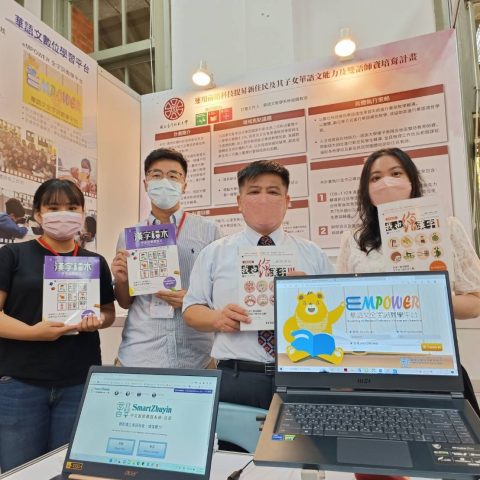
17.4.4 Sustainable Literacy
NTNU actively enhances students’ understanding and engagement with sustainability issues through regular sustainability literacy surveys and assessments. These tools help identify students’ knowledge gaps and areas of deficiency in sustainability topics. By analyzing this data, the university can implement targeted educational campaigns to strengthen students’ awareness in specific areas and guide them to think more comprehensively about the environmental, social, and economic aspects of sustainable development.
1. Environmental Literacy Survey
Since 2021, the NTNU Sustainable Development Office has conducted an “Environmental Literacy Survey” annually during student orientation. The survey aims to assess students’ knowledge, attitudes, and engagement with topics such as sustainable development and net-zero emissions. The 2023 results show that students possess a moderate level of sustainability literacy. In terms of practical actions, around 60% of students have developed the habit of using reusable cups, and 30% have participated in beach cleanup activities, demonstrating a certain level of sustainability engagement.
2. Sustainability Development Goals Literacy Survey
The NTNU Sustainable Development Office set up a market stall during the “Warm Day Sustainability Festival,” inviting students to participate in the “Sustainability Development Goals Literacy Survey” to enhance their awareness of sustainability issues. The 2023 survey results show that most students have a basic understanding of the 17 Sustainable Development Goals (SDGs), but their awareness of SDG1 is relatively insufficient. To address these gaps, more educational resources and activities will be invested in the future to deepen students’ awareness of social issues and encourage them to comprehensively grasp the diverse goals of sustainable development.
